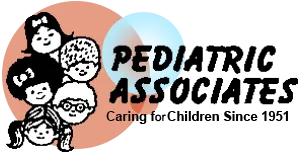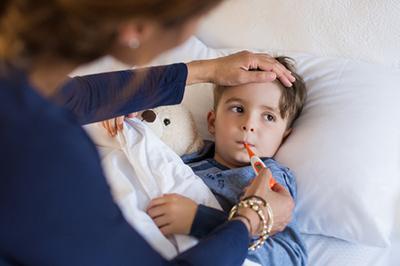
-
Common Childhood Illnesses
posted: Sep. 06, 2023.

-
Should You Consider Newborn Prenatal Care With a Pediatrician?
posted: Sep. 03, 2023.

-
Understanding Developmental Milestones: Tracking Your Child's Growth
posted: Sep. 01, 2023.

-
Managing Screen Time for Kids: Striking a Balance for Healthy Development
posted: Aug. 03, 2023.

-
Common Signs for Recognizing Child Allergies
posted: Aug. 01, 2023.
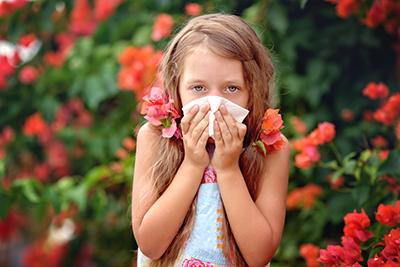
-
Helping Your Child Sleep Better
posted: Jul. 07, 2023.
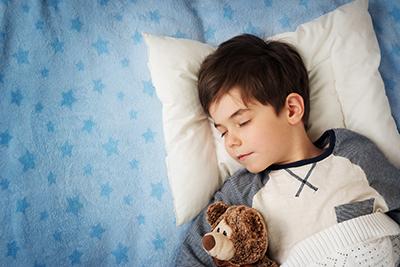
-
Promoting Mental Well-being in Kids
posted: Jul. 01, 2023.
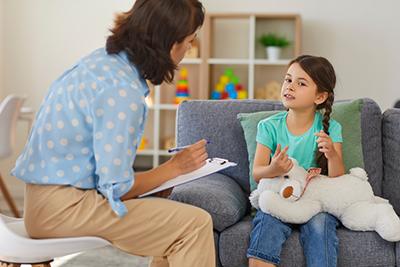
-
Managing Your Child's Asthma During Sports
posted: Jun. 20, 2023.
Five of Tennessee's most noted and excellent, award-winning pediatric doctors head up The Pediatric Associates of Davidson County located in Nashville, TN. Education of our families, such as in the case Read more -
FAQs About Newborn Care
posted: Jun. 12, 2023.

-
The Importance of Mental Health in Children
posted: Jun. 01, 2023.
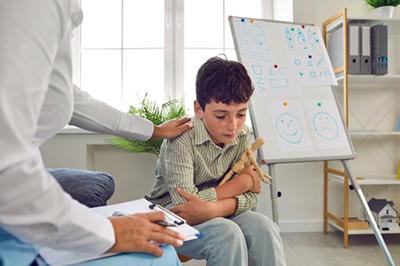
-
Tips for Breastfeeding a Newborn
posted: May 19, 2023.
Breastfeeding is a way to bond with your newborn while giving them the nutrition they need. However, it can be daunting, especially in the early days. If you're overwhelmed, don't Read more -
Helping Your Child Manage Chronic Conditions
posted: May 17, 2023.
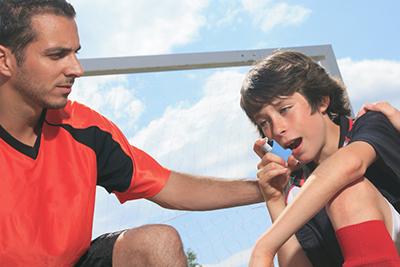
-
How to Recognize and Treat Common Childhood Illnesses
posted: May 01, 2023.
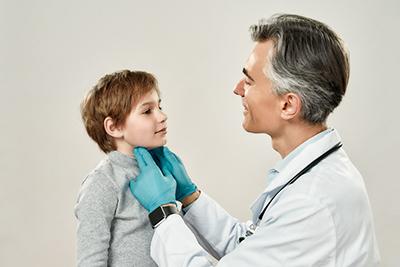
-
Managing Common Childhood Allergies
posted: Apr. 14, 2023.
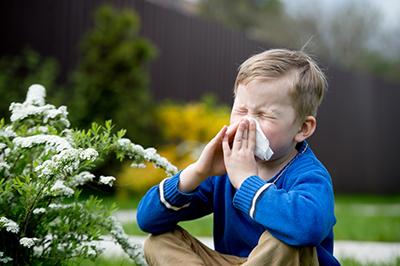
-
The Benefits of Well-Child Care Exams
posted: Apr. 01, 2023.
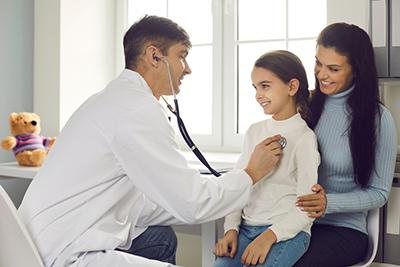
-
Tips for Managing Common Childhood Illnesses at Home
posted: Mar. 16, 2023.
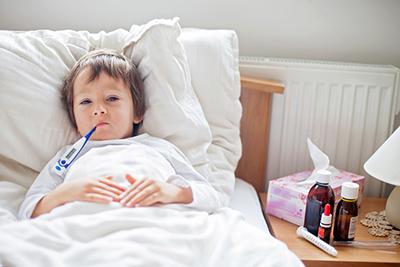
Our Location
Office Hours
Monday:
8:30 am-5:00 pm
Tuesday:
8:30 am-5:00 pm
Wednesday:
8:30 am-5:00 pm
Thursday:
8:30 am-5:00 pm
Friday:
8:30 am-5:00 pm
Saturday:
Extended Hours
8:30 am-12:00 PM
Sunday:
Closed
